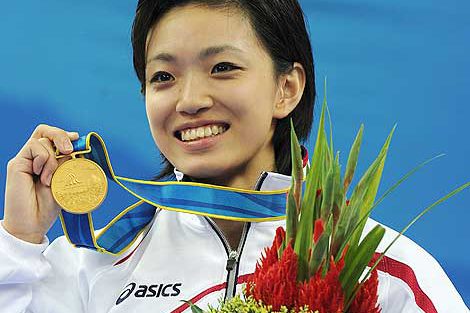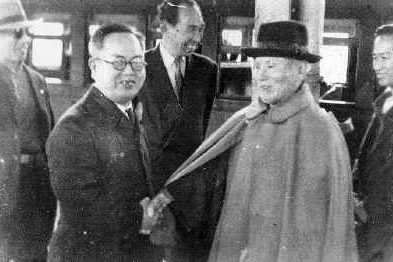Have you ever watched CSI?
The TV-show about Crime Scene Investigators? You can actually learn pretty much from it!
Last week, I saw an episode where some people had crashed into a tree with their car. The car was supposed to be very safe, so the mystery was how it could have skidded off the road, into the tree. And this is where one of the CSI’s says an interesting thing: “Well, the safer the car is, the more likely you are to drive recklessly”.
So what he was actually saying was that if you feel safer, then you get more confident, and take more risks.
It sounds logical. But can this be true?
What’s the point of making safe cars then? And what on earth has this got to do with Karate?
I started to investigate this (with the help of my good friend Google) and found out that there are actual studies on this subject, made by Russell S. Sobel, professor in WVU’s College of Business and Economics (in West Virginia, USA).
In his paper titled Automobile Safety Regulation and the Incentive to Drive Recklessly: Evidence from NASCAR, Sobel and Nesbit (long title) – he found that to create safer cars will actually increase accidents.
So CSI was true!
With safer cars, drivers will take more risks, and they will have more accidents. I mean, hey, just imagine the opposite: a car filled with razor sharp knives in it, pointing at your throat. How slow and safe would you drive now? Think about that one…
And this applies not only to driving cars, but to other aspecs of everyday life too.
It’s known as The Peltzman Effect.
Anyway, now that you know the background, over to the analogy of today: How this applies to your training.
You probably train self-defence in your Karate-school/club/? And my point is, when you train self-defense too much (or in the wrong way), you may become overconfident in your skills, thus maybe exposing yourself to danger, because you feel safer. Just like the driver of a safer car, you are now the “driver” of a “safer” body.
And as we know, studies show that this might dangerous.
Maybe you cut through that dark alley on the way home, because it saves you 10 minutes. Who cares if you are attacked by a mugger? After all, you beat down “muggers” two times a week in the dojo, so that shouldn’t be a problem, right?
Wrong.
The “muggers” in the dojo are your friends, who don’t have the slightest intention of really mugging, or hurting, you – they are only roleplaying. Too much of that sort of training may change the way you think, invoking a sense of false security, clouding your judgement, and perhaps making you overconfident.
This is why it is very important when you teach/train self-defence, to train in a realistic way. And I don’t mean with real knives or blood-capsules or that kind of stuff. I mean, train how to avoid dark places in the first place. Train how to scream for help. Train HOW TO RUN FAST. Train how to use your verbal skills in order to avoid conflict. Train that no technique is 100% perfect.
Because that’s realistic.
No matter how well the technique works in the dojo, it will fly straight out the window if a giant, drooling, screaming monster of psychopath, on three different drugs, with a chair in his hands comes rushing towards you, ready to crack your scull open.
“Hey we never trained against that in the dojo!”
Each situation is unique.
Always expect the unexpected.
Lastly: If you train/teach self-defence against knives, baseball bats, or (God forbid) even guns, you have a really big responsibility not to make the students/yourself believe too much in their/your skills.
It could prove to be fatal.
We know it as The Peltzman Effect.



5 Comments